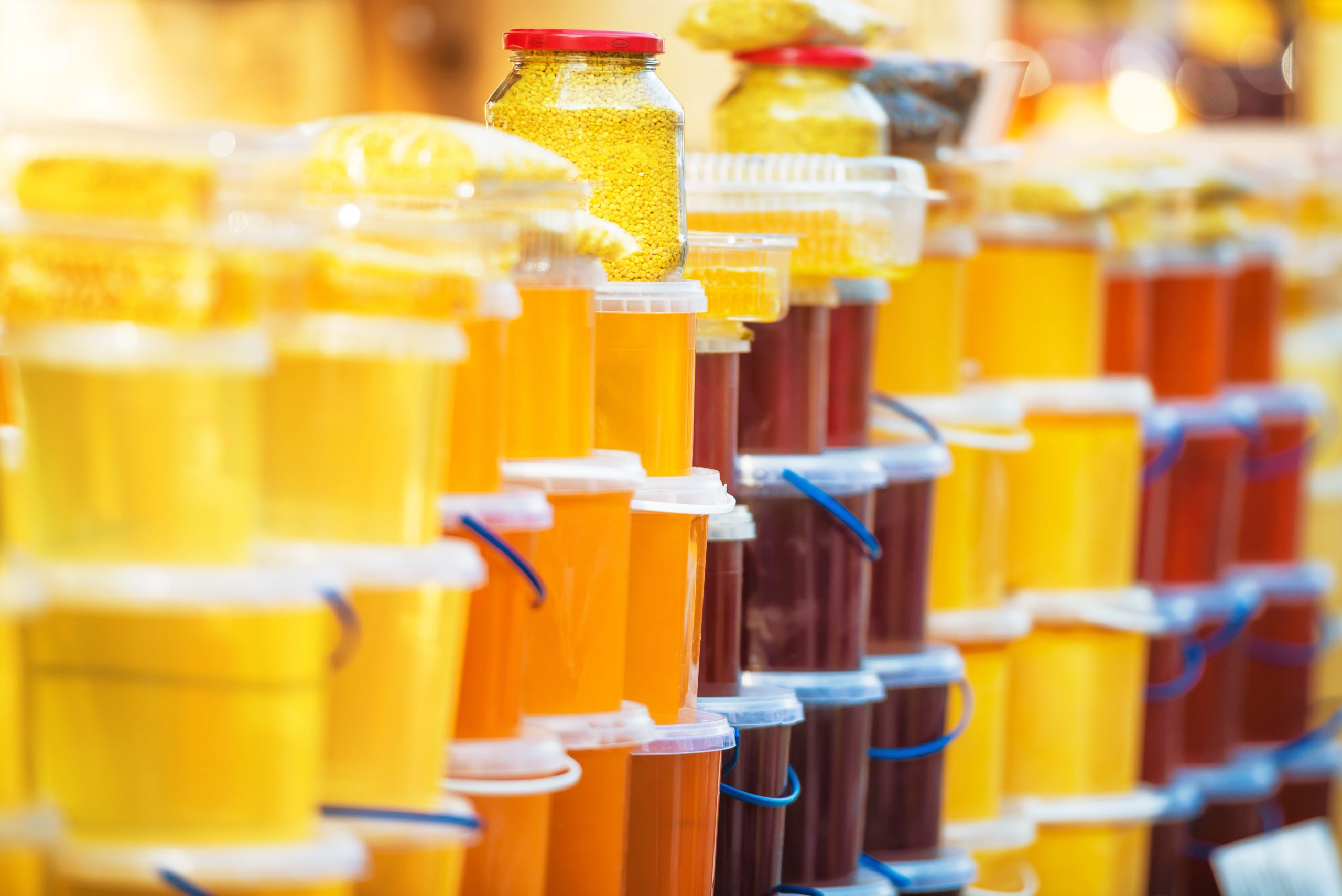Pro Shoppers Bring Manuka Honey Products to China
May 05, 2016
When trying to expand a product’s market reach, small businesses can have a tough time doing so by traditional means due to the sheer risk and time it takes to balance expenses with profits, whether these businesses are expanding domestic or foreign sales or residing in the US, Europe, or Australia. Along that vein, it turns out that in their quest to expand their products’ reach, Australian businesses have found a smart, non-traditional way of getting their products into new economies with new consumers at lower costs—and that way involves professional shoppers called “daigous” who buy Australian products and sell them back home in the Chinese market.
“Daigous are small business people, including international students and stay-at-home mums…You may think it a very small activity, but it represents 20 percent of the market in sales of some of these products to China,” said Livia Wang, a Taiwanese-born, Australian married PR specialist who founded e-Commerce China, which is riding the wave of e-commerce sales of Australian products to China. If a business springing up in response to the daigou trend were any indication, the cost-efficient marketing opportunities available to Australian companies are growing fast.
So much are these opportunities growing that Wang is hosting the first-ever conference of Australian-based Chinese daigous in Sydney and Melbourne, and at this point over 2800 daigous have registered. The slew of products available, which otherwise would likely never set foot in the Chinese market (which has strict import regulations), include vitamins, dairy products, Manuka honey, footwear, and baby formula.
Wang has said daigous put items like these on the market in China not just by reselling products but by promoting them heavily to family, friends, and social media channels like WeChat (daigous can have 800-1200 WeChat friends they’re buying products for). Moving products in small quantities (respecting China’s import regulations), daigous are especially important at this stage for recommending particular brands, given they provide personal verification for the brand’s qualities. As shoppers themselves, daigous lack the bias businesses would have as direct beneficiaries of their products’ profits, and it’s with that perspective Australian businesses can leverage daigou resources to get into China’s market.
As someone who understands the values of daigous, Wang is advising and working to get Australian companies in contact with local daigous and helping those daigous sell their goods. She has noticed resentment from some Australian shoppers, however, who complain daigous are buying up too much and are outstripping supply with their increasing demand, but in the end the real issue with this is companies need to keep up with increased demand by acquiring adequate supply. Some companies like Bellamy’s Organic have struggled to keep up with demand when caught off guard, but luckily the simply solution is companies need to increase manufacturing capacity if they’re confident such profit increases will keep doing just that: increase.


.jpg)



